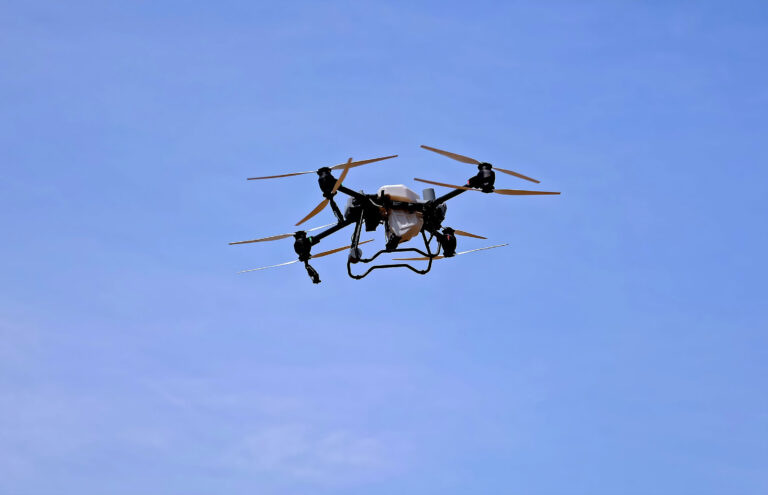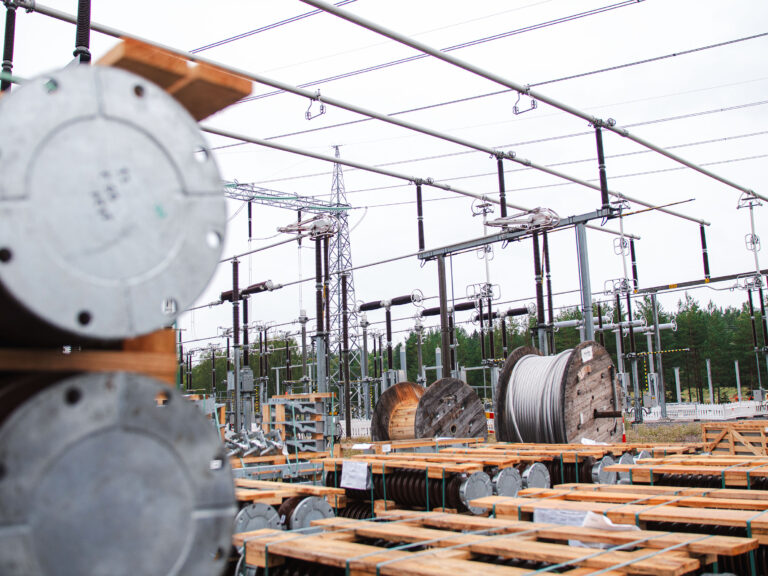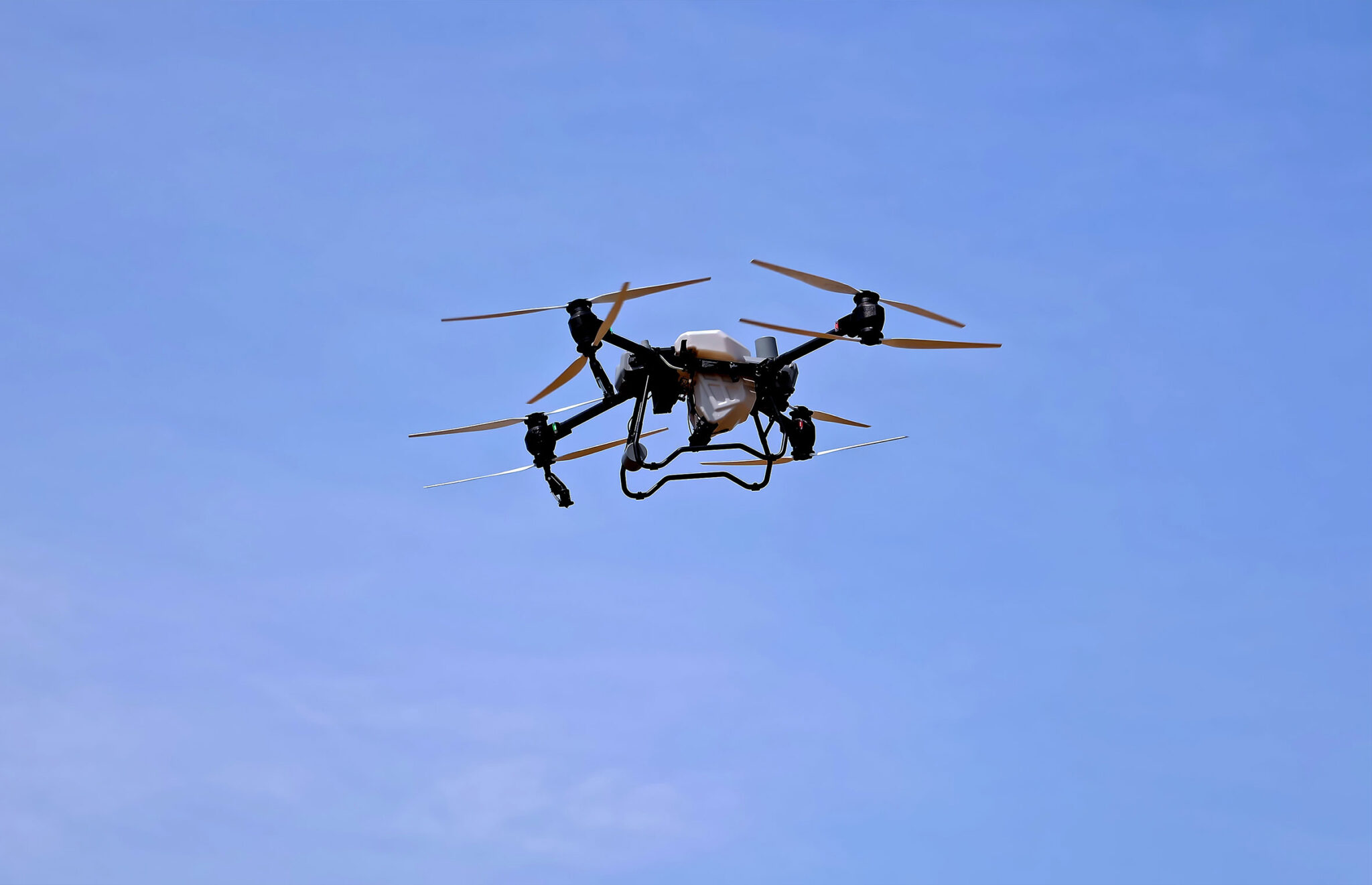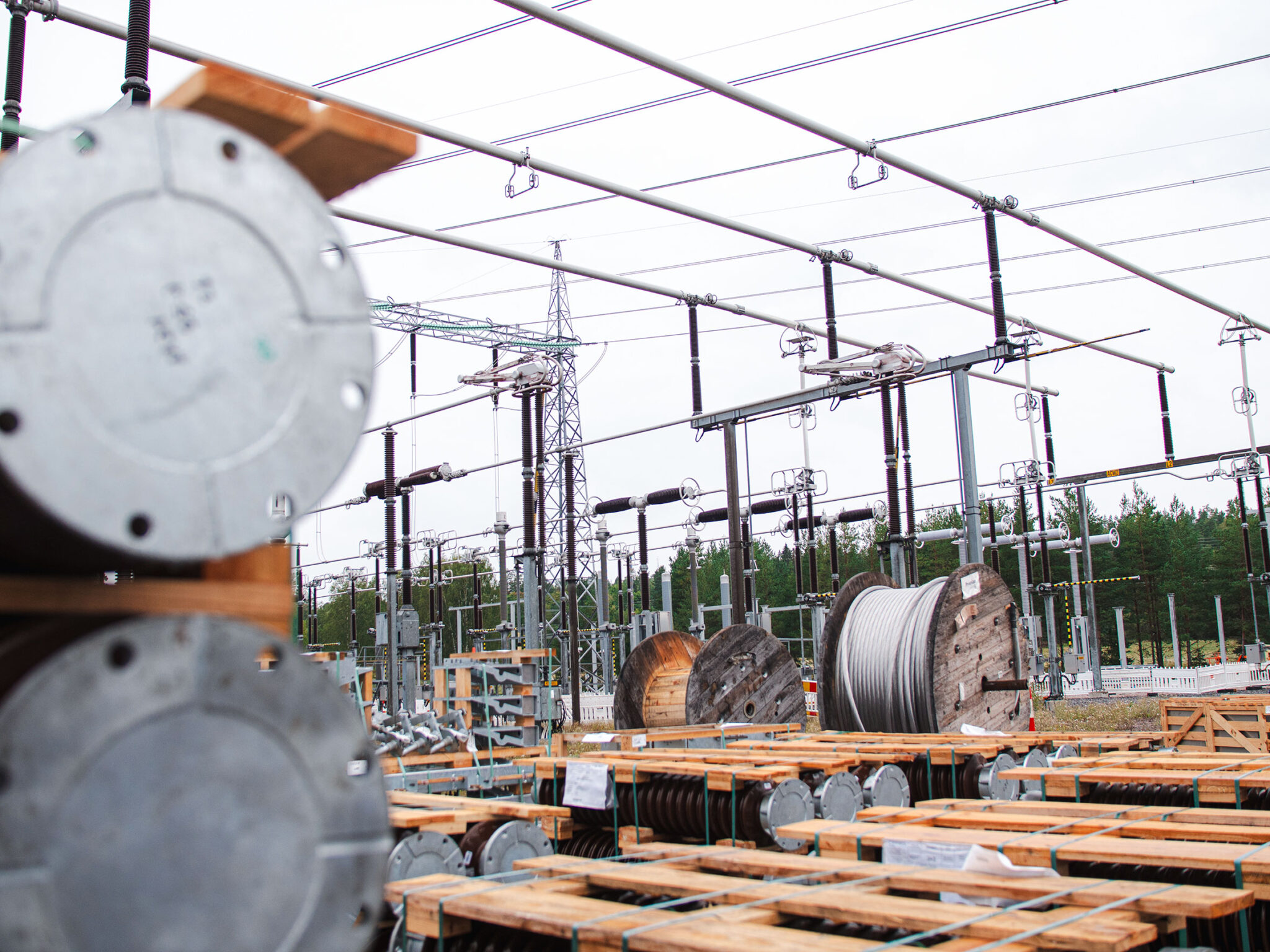The trial production run, known as TUKO1, tested how users would log in to the datahub user interface in practice, how basic and metering data would be added to datahub and how data migration would be implemented.
Saku Palanne, Test Manager responsible for testing the datahub system at Fingrid, says that the datahub has been tested in phases throughout the project. The system’s functionality is ready, but the aim of TUKO1, which took place in June, is to verify and test the production operation of datahub.
“During the trial, Fingrid’s support request system received approximately 600 requests from parties involved in the trial. This demonstrates that the parties were actively engaged and the trial was a success. Market parties made a large number of observations and identified problems to be solved. They also highlighted some proposals for developments to improve the system’s usability,” Palanne says.
Lessons will be learned from the observations and development proposals
Many of the observations were related to technical or functional errors. For example, some of the inputted data was not transferred in the correct format to the correct destination or other corrections were required in the system’s functionality. However, a large number of the support requests were questions of various types or support requests related to the party’s own operations.
“A summary of the June trial will be prepared, and the problems and development proposals will be addressed so that these things are corrected by the time the second trial run – TUKO2 – begins in the late summer, and we can move forward with the implementation,” says Jyrki Autio, a consultant from ProjectTOP.
The datahub development work makes use of ProjectTOP’s Finnish software designed for testing IT projects and for project management. Autio is tasked with managing and coordinating activities during the Fingrid datahub TUKO trial runs to ensure that the 171 electricity companies involved in the trials know what to do during each phase of the trial and what types of expertise are required of partners certified for the trial.
“The entire sector has embarked on a major change: by openly sharing and exchanging data, every party will reach the desired objective. TUKO1 was an eye-opener for many operators in the sector, reminding them of the scope of the change afoot. The thirst for knowledge and need for training is enormous. Weekly information events were held online to communicate this in connection with the trial, and approximately 300 people attended such events,” Autio says.
Datahub will alter business models
Fingrid datahub will officially go live in February 2022, when the centralised database of metering, customer and accounting point information will be available to about 100 electricity retailers and more than 80 distribution system operators responsible for electricity transmission.
Centralising the information distributed across the systems of various different operators will also improve the service received by electricity consumers. Electricity contracts and the information related to accounting points and the consumption at such points will be available to different parties more quickly. This means that end-users will receive faster and more efficient customer service.
For example, it will be easier to switch to a different electricity retailer. The shared system will also enable the development of new types of applications for electricity consumers, such as apps that enable the user to save energy or monitor electricity consumption.
“The transition to a real-time, centralised information exchange system will lead to major changes in the sector and affect the business models of companies and job descriptions of employees in the sector,” Autio says.
Automated, synchronised information exchange and data management enable new innovations and services to be developed.
“Datahub will lay a new foundation for companies to develop their business models,” Saku Palanne says. •
“The transition to a real-time, centralised information exchange system will lead to major changes in the sector and affect the business models of companies and job descriptions of employees in the sector.” – Jyrki Autio, Test Manager, ProjectTOP
Real-time comparative information would provide added value
Topias Katajamäki, System Manager at Vaasan Sähkö, believes that the datahub Go-Live next year will have a significant impact on the business development of companies in the electricity market.
“When data transfer and sharing is automated, people will have more time for demanding brain work and creativity. There will be more time to focus on innovations, new services and developing business solutions,” Katajamäki says.
Katajamäki was left with positive experiences from the TUKO1 trial thanks to the new expertise he gained, although participating in the trial via the datahub user interface called for extra manual work for the entire team.
“In the second phase, we will be able to use our own system, which will make the processes more automated and reduce the amount of time spent searching for information and copying it from one system to another,” Katajamäki says.
“When data transfer and sharing is automated, people will have more time for demanding brain work and creativity.” –
Topias Katajamäki, System Manager, Vaasan Sähkö
He praises Fingrid’s rapid responses to issues during the TUKO1 trial.
“Support requests were answered swiftly, and it was also possible to identify solutions to issues that could be addressed in-house or by using Fingrid’s resources,” he says.
The information events arranged in connection with the trial were also good and provided the opportunity to ask questions and share thoughts with other participants.
However, Katajamäki hopes that Fingrid will provide an information page on the datahub user interface for the TUKO2 trial in order to indicate certain problems or resolved tickets.
“This would reduce the time we would need to spend looking for potential solutions on various websites,” he says.
In addition, Katajamäki presents another development proposal.
“It would be great if it would be possible to receive comparison data during the trial to show how well each participant has fulfilled Fingrid’s requirements. Company-specific reports or real-time indicators would help to assess how our company has progressed or learned and how it would be possible to improve our activities. This information would provide a eureka moment and encourage us to develop our expertise further,” Katajamäki says. •







